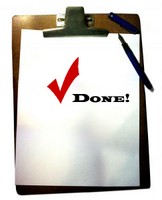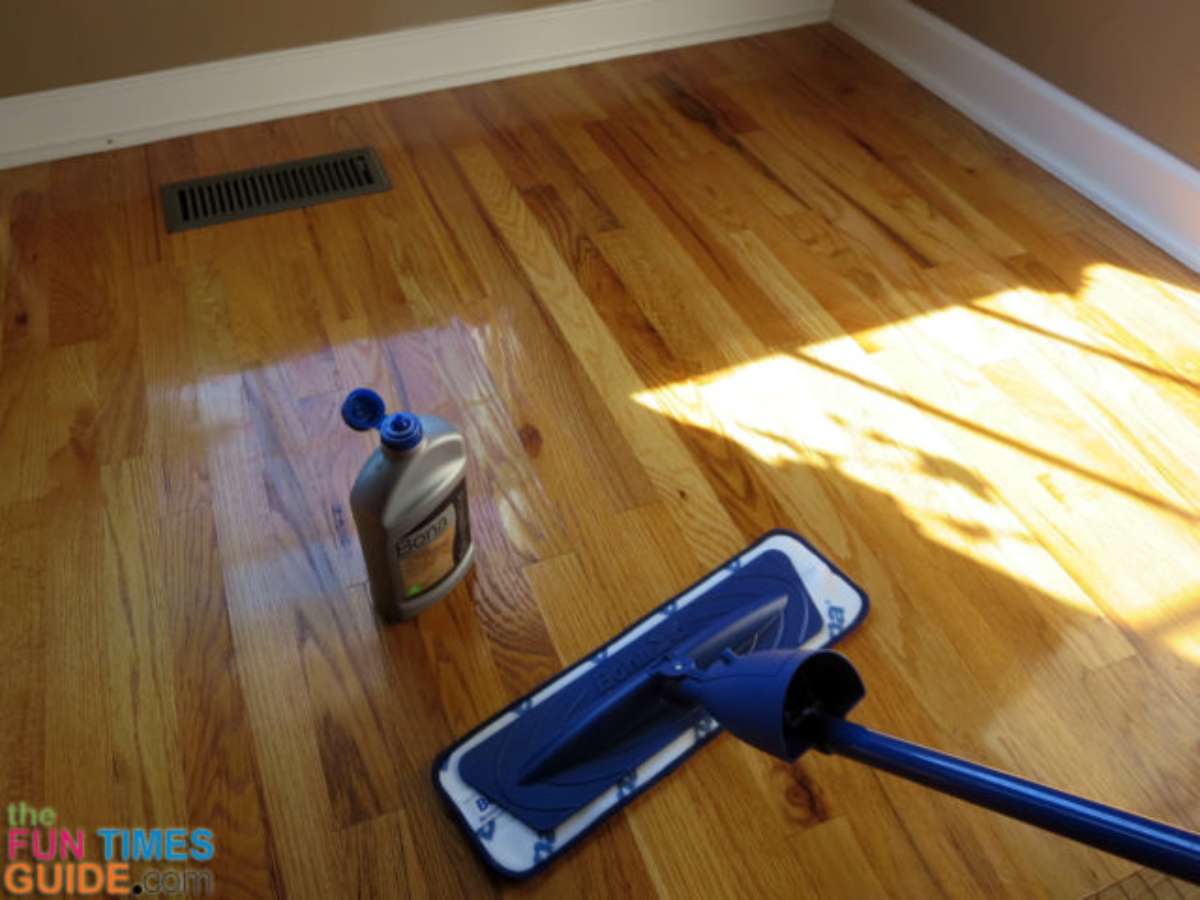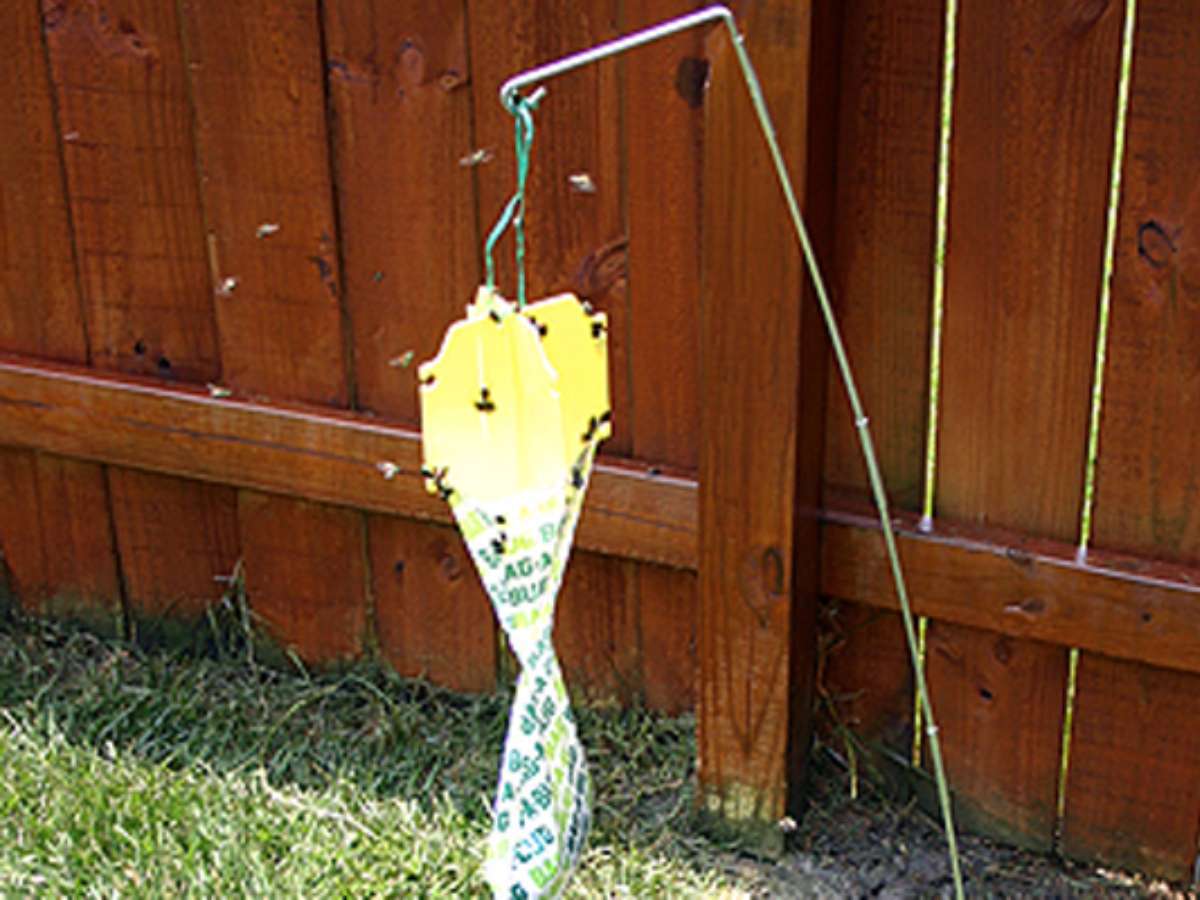 Moving can be one of the most strenuous activities that you ever do, and not being prepared can make for a real nightmare.
Moving can be one of the most strenuous activities that you ever do, and not being prepared can make for a real nightmare.
Have you ever watched a friend or family member — who wasn’t organized and didn’t have some kind of checklist — move before? If so, then you know what I mean.
It’s usually a total disaster when you try to do everything for a move at the last minute — especially if everyone else is standing around watching in amazement and you’re about to lose it. It’s not a pretty picture.
However, with a good moving check list in hand, your move will be more organized, simple, and far less stressful.
Following is my best moving checklist… it got me through a big move recently!
The Best Moving Checklist
When I moved from Portland, Oregon to Seattle, Washington 2 years ago, these were the most important items on my personal moving checklist.
And believe me, they made all the difference. Without this list, I would have lost my mind!
#1 Start early.
When it comes to moving, there is nothing worse than procrastinating until the last minute. If you do so, you will be sabotaging yourself from the get-go and your move will be chaotic, rather than organized and easy. So start planning for your move earlier, rather than later.
#2 Create your own personal moving checklist that itemizes all the things you need to move to your new location.
You might want to organize it by room (bedroom, bathroom, kitchen), or by family member, or by types of items (outdoor gear, pet supplies, clothing, etc.). You should begin creating your moving checklist. as soon as you learn that you’ll be moving. That will make the process less stressful and ensure that you don’t forget anything.
#3 Keep track of things like moving rates, moving estimates & other moving expenses in a file on your computer.
Create a file on your computer (like an Excel spreadsheet) to keep track of the estimates you’ve received for moving trucks, packing supplies, and moving boxes. Plus, any other information that might be necessary when making major financial decisions about your move. This way, at a glance, you can see who has the best prices for whatever items you need, as you need them. And you won’t have to flip through lots of papers and brochures looking for the information.
#4 Keep all hard copies, receipts, brochures, and other moving info in a file folder.
Anything that you might need to access in the future regarding your move should be kept in one place, like a good old-fashioned file folder. Better yet: try to keep things within this folder semi-organized, so you’ll be able to retrieve the info quickly when you need it.
#5 Start saving money to pay for your move.
It’s no fun to still be paying off your moving bills a year after you’ve moved!
#6 See if you will be able to write off some of your moving expenses on your taxes.
Your best bet is to check the IRS’s moving expense guidelines to see if any of your moving expenses are able to be deducted on your taxes. Being able to get some of those moving dollars back later — in the form of tax credits — is a great thing!
#7 Check with your doctor, dentist and veternarian about referrals.
They might possibly have recommendations for you at your new location. This could save you some time and frustration when trying to find a doctor in your new town.
#8 Start collecting boxes and packing materials early.
Check with friends, family, and local stores for used packing materials. Packing materials can be expensive, but if you plan early, you should be able to get most of them for free.
#9 Remember to turn in a change of address card to the post office.
Completing a change of address form will allow your mail to be automatically forwarded to your new address for one year. That is usually enough time to let everyone know you’ve moved and what your new address is.
#10 Call your utility companies to let then know when to shut the utilities off.
If you don’t contact places like the electric company, water company, and phone company ahead of time to let them know you’ll be moving, then you could end up being billed for services you didn’t use.
In the end, everyone has different needs when it comes to moving, so your moving checklist may be a little different than mine. But, if you take the time to create your own personal moving checklist — using the information above as guidance — then you will have set the stage for a faster, easier move.
Good luck with your move!
Time-Based Moving Checklists
These moving checklists will help put things in perspective as to when you should do this, and when you should do that… in preparation for a move. Use these tips to help fine-tune your own personal moving checklist:
Packing For A Move: A Timeline Of What To Do When



